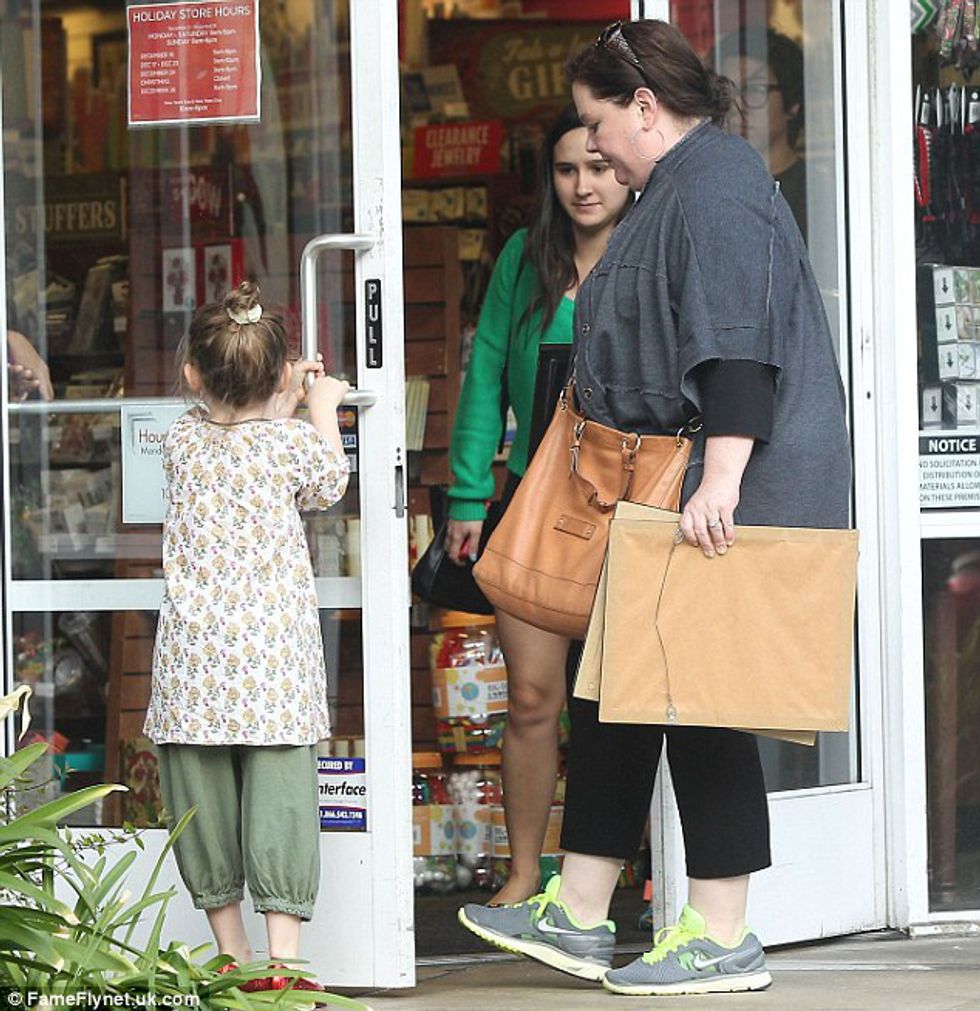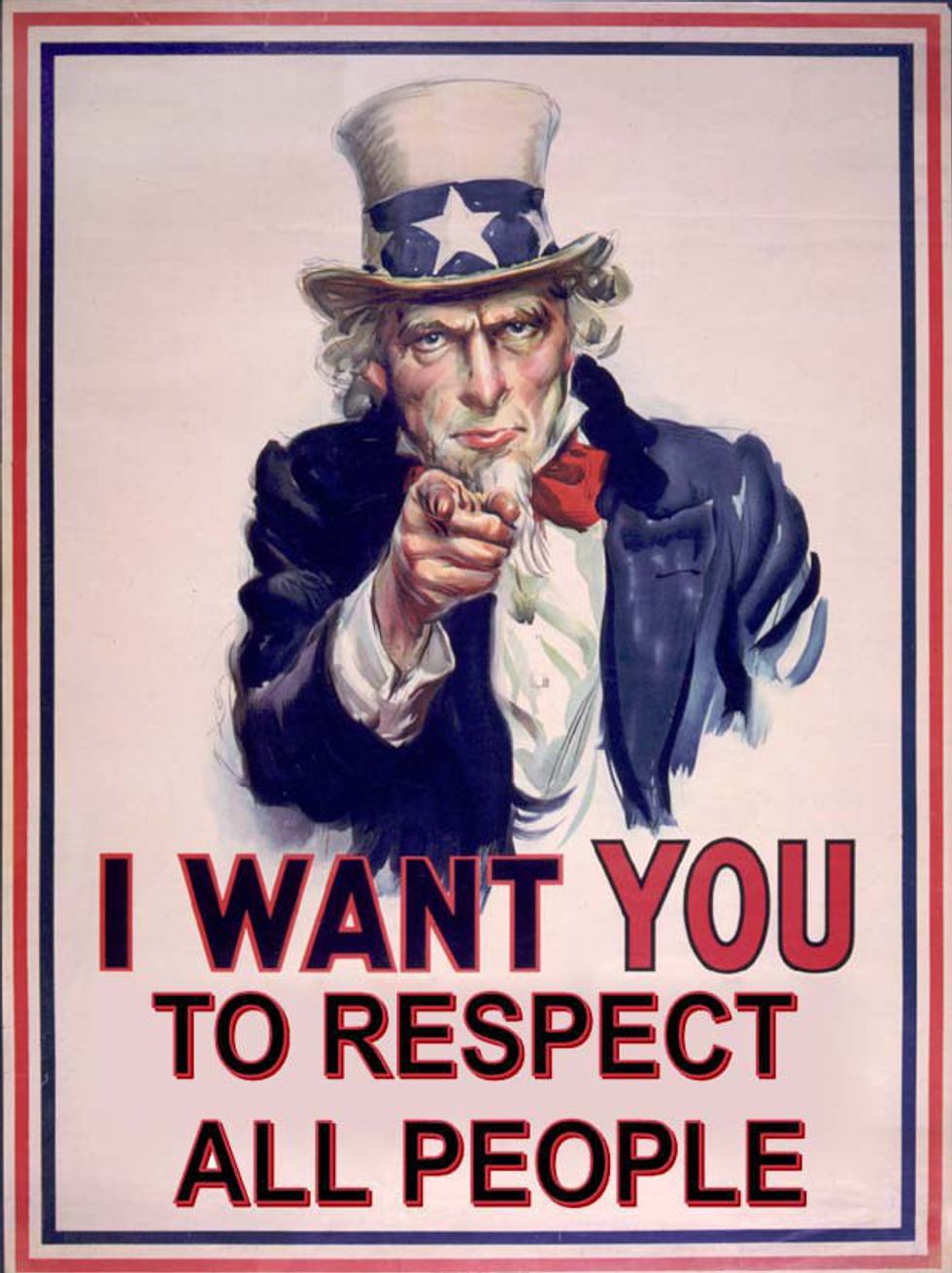Yesterday evening, I stopped at a gas station on my home from work. On my way inside, I held the door open for another customer. I snagged a Coke, he grabbed something else and we approached the register at the same moment. As he was a step or so closer to the check-out counter, I motioned for him to go ahead. Instantly, he narrowed his gaze suspiciously and asked, “Why are you being so generous?”
I didn't answer immediately, slightly baffled by his question and put-off by his automatic defensiveness. Finally, I sputtered, “I don't have anywhere pressing to be,” and the man stepped forward to approach the register. As the cashier checked him out, I frowned at the back of this stranger's head, annoyed and offended, feeling as if he had accused me of something insidious when I was only trying to be nice.
After I paid for my Coca-Cola and gas, I realized that the man had lingered as he left the gas station just so he could hold the door open for me as I walked out, as if he owed me something. It was then that my anger dissipated because I realized the problem did not lie with me or this man and our encounter, but with American society in general.
That man was wary of my actions because today, common courtesies aren't so common anymore.

In the States, and in the South especially, there is a major emphasis on teaching children to “mind their manners.” We teach them to say “yes, ma'am” or “no, sir,” and “please” and “thank you.” We teach them not to snatch, hit or yell. We teach them not to talk with food in their mouths or run indoors. We teach them to share their toys with that younger cousin they don't like and not to say the word “hate.” We teach them how to behave. Or, at least, we try to.
And therein lies the problem.
Today, most parents (and grandparents) try to teach children those appropriate behaviors, called “manners,” and that's it. We teach them how to act without teaching them the importance of and reason why.
Essentially, Americans today are taught polite behaviors but not the respect behind said actions.
I held open the door for that gentleman at the gas station because, yes, it was an automatic response, but the root of that behavior comes from a place of respect for other human beings. I did not know that man, but he was a person, and for that reason alone he garnered my respect and kindness. But because children are not taught the meaning behind those behaviors which are so ingrained in them as kids, the importance of such behaviors fade with time. Those polite actions no longer become automatic and are eventually done away with completely (that is, until the grandparents come around again, at which point manners are recalled with a desperate swiftness).
Now, I understand that I am making broad generalizations here, but I nonetheless feel that the heart of my argument remains true. As a country, we have lost respect for other human beings. The irony that this shift away from common respect is taking place within the millennial generation is not lost on me. A generation that is so terribly caught up in being “politically correct,” we respect populations on a whole (usually minorities) but not the individual. While it is absolutely important to acknowledge and recognize marginalized populations, how can we respect them as a people if we do not first respect them individual persons?
It's time for us to wake up and start respecting each other—not just the elderly or the marginalized, but everyone. It's time to realize that every person deserves respect and kindness simply for being another human being. You live, you exist, and for that, you have my respect.
Maybe one day, we can all hold open doors for each other. And that'll be that.






 man making a coffee lattePhoto by
man making a coffee lattePhoto by  Photo by
Photo by  Photo by
Photo by  Photo by
Photo by 









 Photo by
Photo by 








